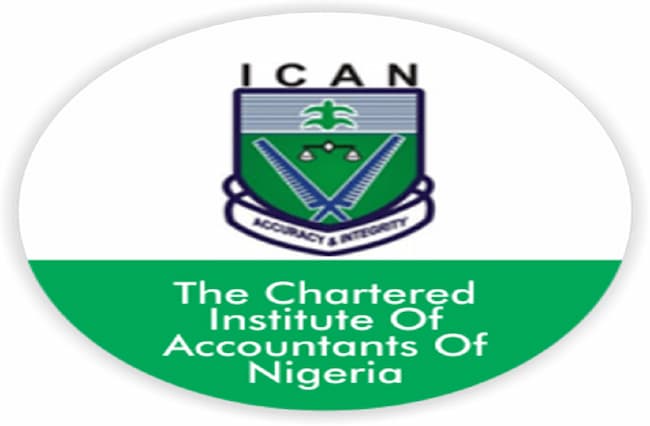If GTCO were to be compared to an animal, it would be likened to an orca – streamlined, intelligent, and highly efficient within its environment. Not the largest entity in its domain, but undeniably among the most effective.
In a banking sector populated by prominent but inefficient competitors, GTCO navigates the market with discipline and precision, delivering high-margin returns with a relatively lean operational structure.
The group concluded 2024 with N1.27 trillion in pre-tax profit, representing a 108% increase from the preceding year. This performance was not a chance occurrence, as indications were evident in the group’s half-year financial results.
GTCO has a proven track record of converting streamlined operations into substantial shareholder value. With a cost-to-income ratio of just 24.1%, it remains the industry’s benchmark for operational efficiency. While other banks incur expenses akin to an excessive budget, GTCO maintains fiscal prudence.
However, even the most formidable entities encounter setbacks. The fourth quarter introduced a minor disruption to an otherwise seamless performance. The group reported an unexpected loss in Q4, impacting what could have been an even more impressive net income figure.
The primary factor contributing to this was loan provisions. GTCO appears to have proactively recognized certain losses, possibly leveraging a year of robust performance to strengthen its balance sheet. This strategic move, if executed as intended, demonstrates prudent management.
Despite this temporary setback, GTCO rewarded its shareholders generously. It announced a record dividend of N7 for 2024, comprising a final payout of N5 in addition to the interim dividend of N2 declared earlier. At the current share price of N68.80, this translates to a dividend yield exceeding 10%, a level that would be considered attractive even by bondholders.
Nevertheless, the market’s valuation remains conservative. GTCO trades at a price-to-earnings (P/E) ratio of just 2x. For a company demonstrating such consistent earnings and cost efficiency, this valuation appears significantly undervalued. Assigning a modest multiple of 3x would result in a share price of N100, representing a 45% increase from current levels. While this would necessitate a market rally, it is not an unrealistic prospect.
What could potentially catalyze such a movement? The return of foreign portfolio investors (FPIs). FPIs have largely abstained from the Nigerian equity market in recent years. However, with ongoing macroeconomic reforms and indications that the naira may have reached its bottom, they could be incentivized to re-enter the market. GTCO, with its listing on the London Stock Exchange and established governance reputation, is likely to be a preferred choice.
Furthermore, the company’s fundamentals are aligning favorably. In addition to its core banking operations, GTCO’s non-banking subsidiaries are demonstrating increasing profitability, with profits rising from N4.7 billion to N14 billion, representing a near threefold increase.
Its international operations have also doubled their profit contributions, from N97.4 billion to N194 billion, indicating that the group’s expansion beyond Nigeria is gaining momentum.
However, GTBank Nigeria remains the primary driver of earnings. The competitive landscape is intense, and as the recapitalization wave introduces new capital into the system, the key question is the source of future growth.
Organic growth may prove more challenging in a saturated retail banking market. Innovation in fee structures, digital scaling, and mergers and acquisitions may be necessary to maintain a competitive edge.
Additionally, the potential for share dilution exists. GTCO, like its peers, will need to raise capital to meet the Central Bank of Nigeria’s N500 billion recapitalization requirement. The issuance of new shares could dilute earnings per share (EPS) and impede the progress towards a N100 share price. However, with a robust balance sheet and a capital adequacy ratio of 39.3%, the bank is well-positioned.
Therefore, the key factor in GTCO achieving a share price of N100 is a re-rating catalyzed by the return of foreign capital. If FPIs return in significant numbers and the macroeconomic environment continues to stabilize, a 3x P/E valuation is not only feasible but also justifiable.
Until then, shareholders can derive satisfaction from their cash flows. With N7 per share in dividends, a yield exceeding 10%, a cost structure admired by competitors, and profits surpassing the N1 trillion mark, GTCO may not be perceived as flamboyant, but it is undeniably reliable. Often, the most understated stocks generate the most substantial returns.













